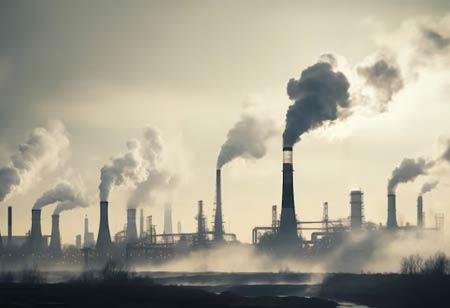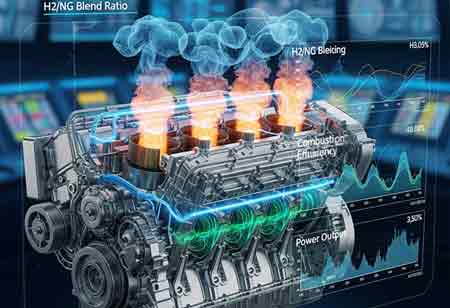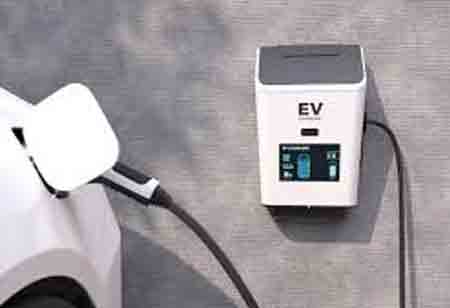CLOSE
Specials
I agree We use cookies on this website to enhance your user experience. By clicking any link on this page you are giving your consent for us to set cookies. More info
Be first to read the latest tech news, Industry Leader's Insights, and CIO interviews of medium and large enterprises exclusively from Energy Tech Review
Thank you for Subscribing
The Role of Nuclear Energy in Combating Climate Change
Nuclear energy is a significant source of electricity, which has been in the limelight due to its safety, waste management, and cost issues.

By
Energy Tech Review | Monday, December 29, 2025
Stay ahead of the industry with exclusive feature stories on the top companies, expert insights and the latest news delivered straight to your inbox. Subscribe today.
FREMONT, CA: Despite its safety, waste management, and cost issues, nuclear energy is a crucial source of electricity due to its minimal contribution to greenhouse gas emissions. This makes it essential to combat climate change, achieve net-zero emissions, and limit global temperature increases.
Nuclear energy has high energy density, with a small amount of fuel producing a large amount. Nuclear power plants require less fuel and can generate substantial electricity with minimal environmental impact. Nuclear plants' high energy output is advantageous for meeting large-scale energy demands. They provide continuous, reliable power to industries, cities, and critical infrastructure, ensuring energy security and stability. Nuclear power plants operate continuously, providing a stable and reliable source of electricity. Nuclear energy is ideal for baseload power, which is the minimum amount of consistent power needed to meet ongoing demand.
Nuclear energy's reliability is crucial for maintaining grid stability and preventing blackouts. It complements intermittent renewable sources by providing a steady power supply, allowing for a balanced and resilient energy mix. It is significant for nations that lack domestic fossil fuel resources and rely heavily on imports. Nuclear energy provides an alternative that enhances energy independence and security, protecting economies from volatile fossil fuel prices and supply disruptions. Advances in nuclear technology, such as breeder reactors and thorium-based reactors, have the potential to extend fuel supplies further and enhance sustainability.
Nuclear power relies on uranium, which is abundant and widely distributed around the globe. Thorium reactors offer an alternative to uranium with additional safety and environmental benefits. The long-term availability of nuclear fuel ensures that nuclear power is a sustainable energy solution, providing a stable and predictable energy source for long-term planning and investment. Nuclear energy offers numerous advantages, including low greenhouse gas emissions, high energy density, reliability, reduced dependence on fossil fuels, and long-term fuel availability—the benefits position nuclear power as a critical component of a sustainable and resilient energy future.

Copyright © 2025 Energy Tech Review. All rights reserved






